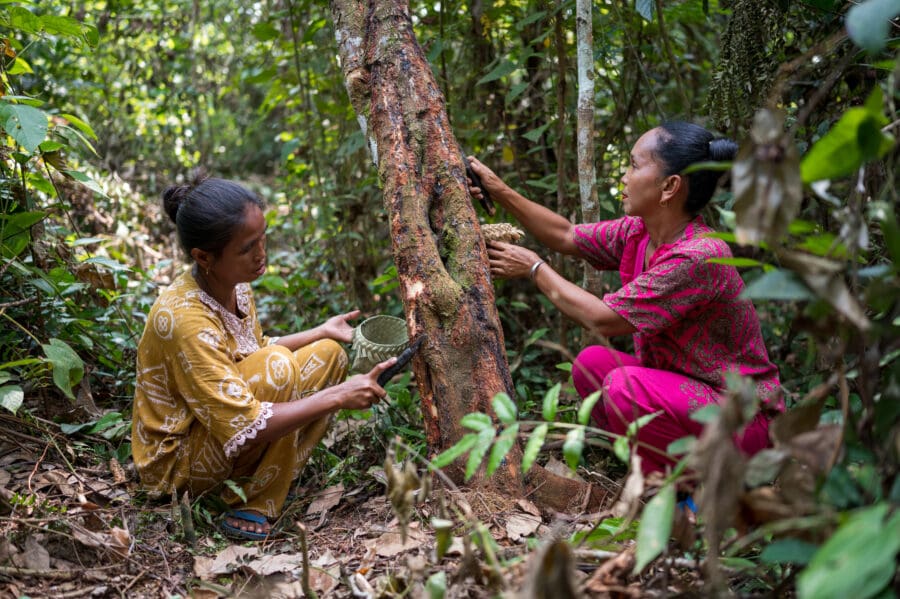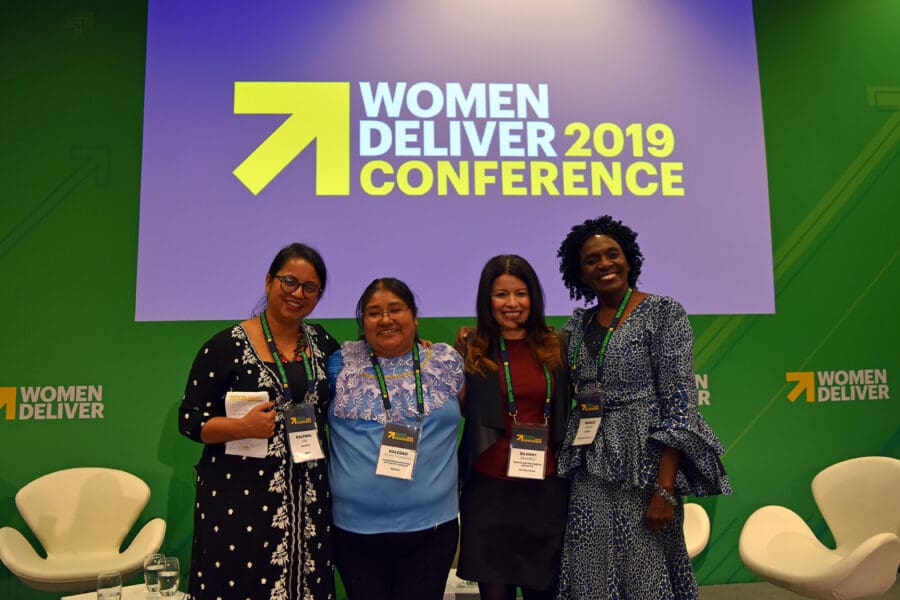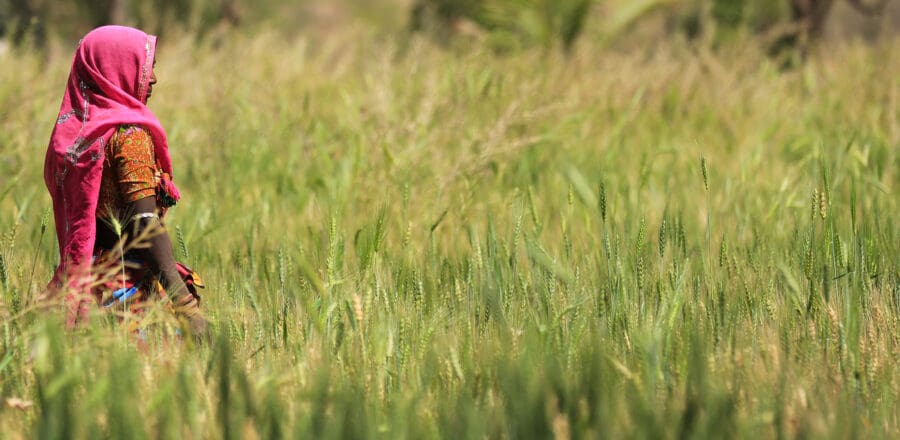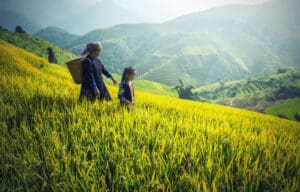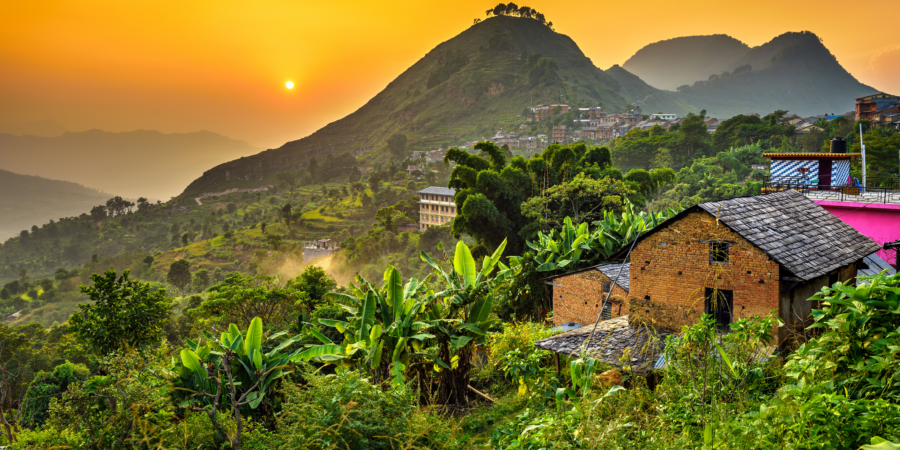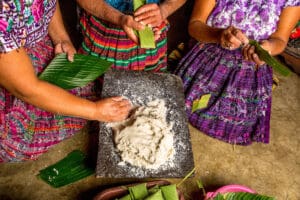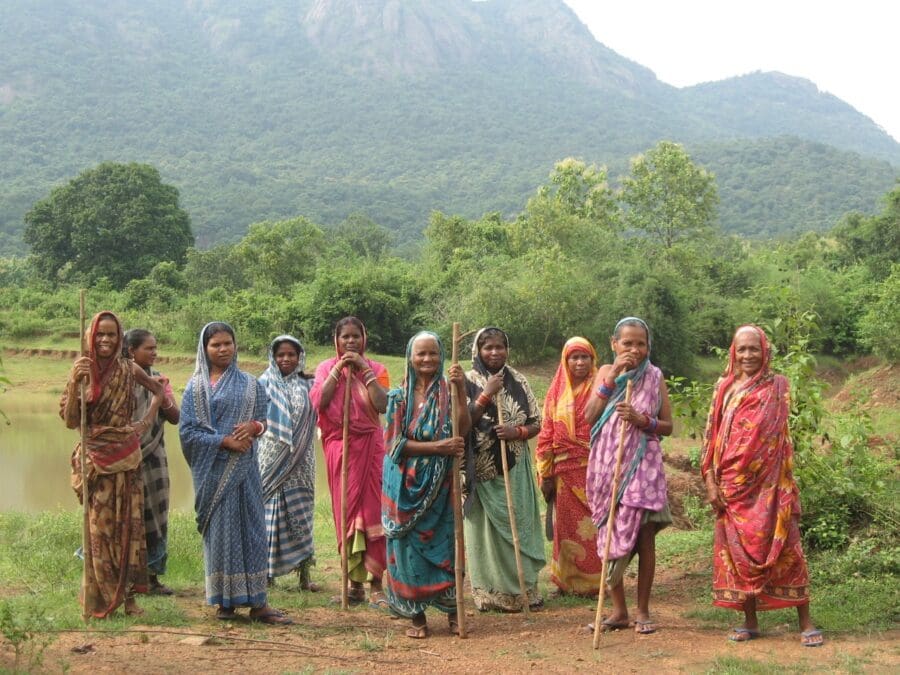This Call to Action was updated by women leaders from Asia, Africa, and Latin America during a workshop in Bogota, Colombia, on August 30–31, 2022.
The historic US$1.7 billion Pledge made at the UNFCCC CoP26 in Glasgow by governments and donors in support of Indigenous Peoples’ (IP) and local communities’ (LC) collective and territorial rights is a step in the right direction. However, if it intends to repair the historical gap in direct funding for IPs LCs, it must also address the rights of Indigenous, Afro-descendent, and local community women and girls’ direct access to funding. Climate finance must not leave Indigenous, Afro-descendant, and local community women and girls behind.
Governments worldwide have also committed funding to ensuring gender equality in CoP26. Canada has committed to targeting 80% of its US$3.9 billion (CA$5.3 billion) climate investments over the next five years towards gender equality outcomes; the UK is working on setting out how US$193 million (£165 million) in funding will address the dual challenges of gender inequality and climate change; and the USA will invest at least US$14 million of the Gender Equity and Equality Action Fund towards gender-responsive climate programming. It is imperative that this climate finance fully reaches the Indigenous, Afro-descendent, and local community women and girls who are on the frontlines and playing a key role in protecting and restoring our territories.
At the United Nations’ 66th Commission on the Status of Women (CSW66), integrating gender perspectives into climate change and environmental and disaster risk reduction policies and programs took center stage. Reiterating the Agreed Conclusions at CSW66, specifically in line with sections 23 and 24, climate finance must not render invisible the invaluable roles that Indigenous, Afro-descendant, and local community women and girls play, particularly their contributions to climate action, preserving traditional knowledge and livelihoods, strengthening gender justice, and supporting human and tenure rights movements.
This financing must also strive to prevent and mitigate the adverse impacts of climate change, climate initiatives, and policies that are detrimental to these communities and women in order to ensure sustainable and dignified lives for all. As we move toward UNFCCC CoP 27 in Egypt in November 2022, it is crucial that measures to ensure that the commitments made at CoP26, as well as those from governments, are put into practice in a transparent manner and recognize the roles that women and girls play in climate mitigation, adaptation, and land protection.
In 2016, the Intergovernmental Economic Organisation (OECD) found that nearly US$10 billion was earmarked for civil society organizations (CSOs) fighting for gender justice. Yet, just 8% of these funds have reached CSOs working in developing countries, and only a fraction reportedly went to grassroots women’s rights organizations directly. In fact, Indigenous women’s organizations received only 0.7% of all recorded human rights funding between 2010 and 2013, despite using, managing, and conserving community territories that comprise over 50% of the world’s land. Even where resources are reaching Indigenous women’s organizations, they tend to be inadequate and short-term.
Current global and regional governmental data on women’s access to funding is insufficient and inadequate. It is virtually non-existent for Indigenous, Afro-descendant, and local community women’s groups, organizations, associations, and collectives in the global South which reflects the negligence of governments towards Indigenous, Afro-descendent, and local community women and girls.
Indigenous, Afro-descendant, and local community women experience a broad, multifaceted, and complex spectrum of mutually reinforcing and systemic human rights violations. These act together to limit their self-determination and control of natural resources, all influenced by patriarchal power structures and multiple forms of discrimination and marginalization based on gender, class, race, ethnic origin, customs, and socioeconomic status.
In the lead-up to CoP 27, we call upon governments, donors, and allies to ask what they can do differently to recognize and support the invaluable roles and contributions of Indigenous, Afro-descendent, and local community women in achieving sustainable development and climate goals.
To advance women’s empowerment worldwide, governments and donors must take action for gender equality and gender justice to urgently provide direct funding to the Indigenous, Afro-descendant, and local community women’s groups, organizations, associations, and collectives in the global South who have been historically under-supported and under-funded.

